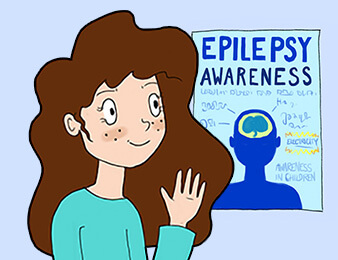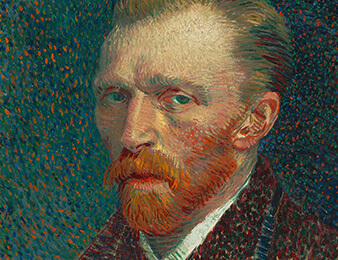Epilepsy Explained
As long as there have been men and women on Earth, there have been those with epilepsy.
The word ‘epilepsy’ comes from the Greek word meaning ‘take hold of’. In ancient times it used to be called the ‘falling sickness’. In those days this was a good description because people thought that there was only one type of seizures – the person fell to the ground and had convulsions. Today we call them tonic clonic seizures.
Today however, we know more about epilepsy and have learned that there are many different types of seizure.
The term ‘falling sickness’ is no longer used.
Epilepsy is not a disease – it is just a sign that part of the brain is not working normally. When it is working normally it gives off tiny amounts of well organised electricity. Electricity pylons carry electricity around the country in a well organised way, just like in the brain when everything is working well. When somebody is having a seizure, however, the electricity becomes very disorganised – a bit like flashes of lightning during a thunderstorm. The type of seizure a person is having depends on the place the brain where the ‘storm’ happens.




